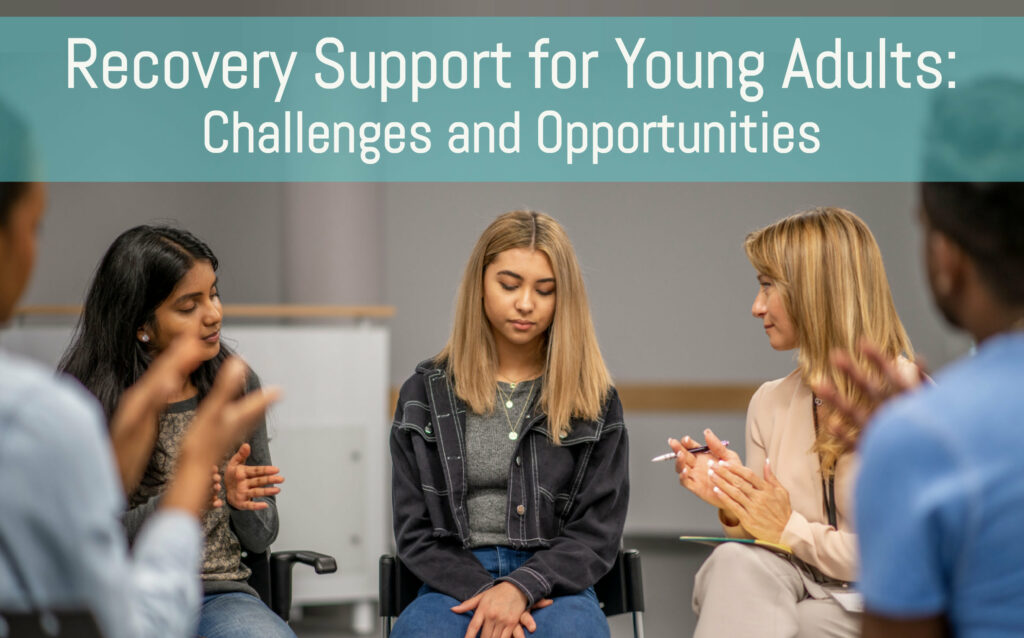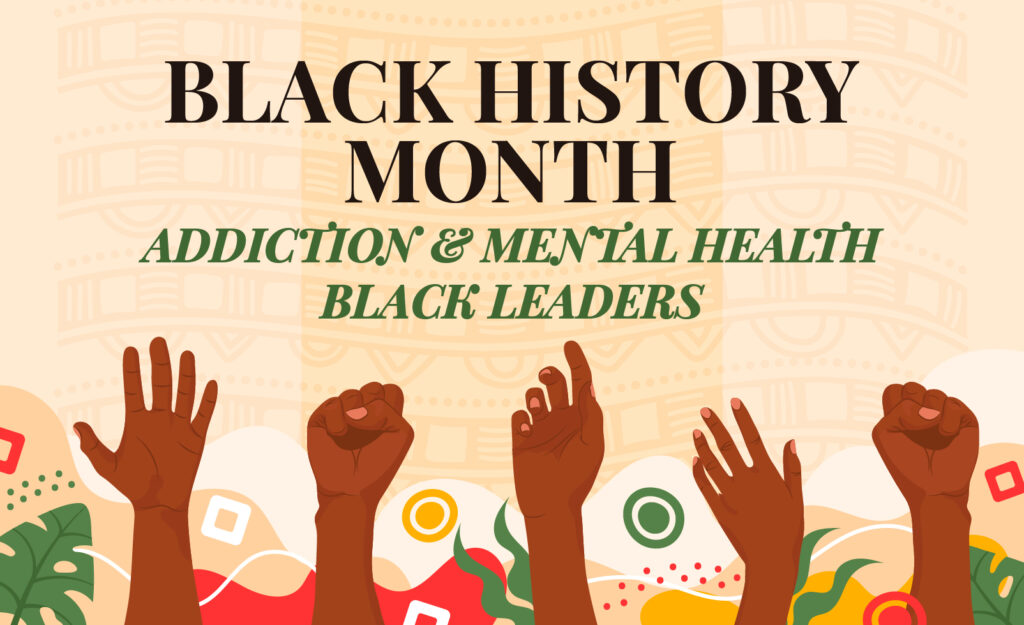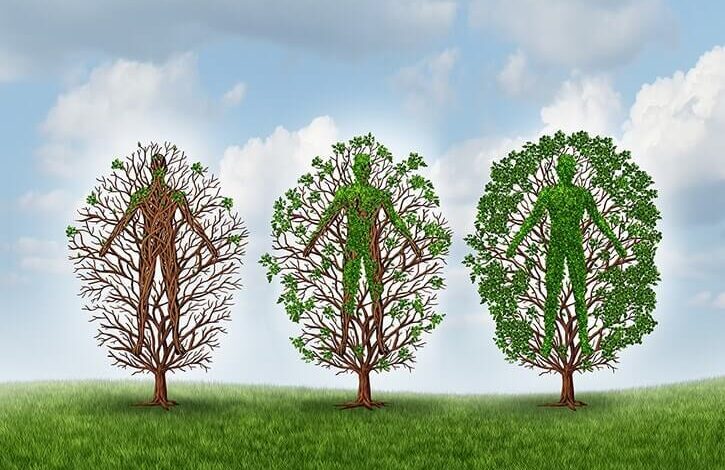“Domestic Violence Awareness Month (DVAM) was launched nationwide in October 1987 as a way to connect and unite individuals and organizations working on domestic violence issues while raising awareness for those issues. Over the past 30+ years, much progress has been made to support domestic violence victims and survivors, to hold abusers accountable, and to create and update legislation to further those goals”.

What is domestic violence?
Domestic violence, also called “domestic abuse” or “intimate partner violence”, can be defined as a pattern of behavior in any relationship that is used to gain or maintain control over an intimate partner. Abuse can be physical, sexual, emotional, economic, or psychological. Abuse comes in the forms of actions or threats of actions that influence another person. This includes any behaviors that frighten, intimidate, terrorize, manipulate, hurt, humiliate, blame, injure, or wound someone. Nobody deserves to be abused, and if you are the victim of abuse, it is important to note that the abuse is not your fault. If you are a victim of domestic violence, it is crucial to immediately seek a safe place away from your partner. The immediate goal is to leave the relationship, seek shelter in a safe place and obtain resources to improve your ability to cope, establish independence from your abusive partner, and engage in treatment.
Nearly one in four women has been the victim of severe physical violence by an intimate partner, and one in nine men has experienced the same.
How does domestic violence affect your mental health?
Many victims of domestic violence may choose to stay with their abusive partner because they are in denial, or they feel trapped because they are codependent on their partner. Maybe they do not have access to finances, are too scared to leave, or have a safe place to go. Regardless of how mentally and emotionally strong, the victim is, they will most likely suffer from mental health complications after the relationship. Domestic abuse is traumatizing, and anyone who experiences a traumatic situation, especially from an individual they know and love, is at risk of developing post-traumatic stress disorder, depression, anxiety, substance use disorders, and sleep disorders.
Approximately 20% of domestic abuse victims report having new-onset mental health disorders such as major depressive disorder (MDD), generalized anxiety disorder (GAD), posttraumatic stress disorder (PTSD), and a wide range of substance use disorders. Many victims of domestic abuse will turn to drugs and alcohol to cope with their past and numb underlying feelings. Victims will often internalize the verbal and emotional abuse from their partner, and as a result, they may blame themselves and experience anger, fear, and resentment. Chronic abuse may result in compulsive and obsessive behaviors and lead to self-harming behaviors such as cutting or suicide.
- Post-traumatic stress disorder: Results from experiencing a scary, life threatening and dangerous event. This can include natural disasters, a violent attack, a life-threatening accident, war, etc. Signs and symptoms include emotional isolation, hypervigilance, flashbacks, avoidance of people and places associated with the traumatic experience, anxiety, hostility, and many more. Domestic violence victims are at risk of developing PTSD, especially if they do not seek treatment after their abuse.
- Depression: A serious mood disorder that is often linked to domestic abuse. Signs and symptoms include changes in sleep and appetite, sadness, isolation, feelings of guilt, low energy, poor concentration, and suicidal thoughts and behavior. Individuals with depression may use alcohol or drugs to cope with their symptoms, which can potentially worsen their depression and lead to an addiction.
- Anxiety: This can be general anxiety about everything and everyday situations or a sudden attack of intense fear, also known as a panic attack. It can grow worse over time and interfere with daily life.
Domestic violence victims may also experience low self-esteem, isolation, distrust of others, and the inability to enjoy pleasures and hobbies in life. In addition, they often may experience trouble making new friends and encountering roadblocks in their future intimate relationships because of the past abuse they experienced.
If you or someone you know is experiencing domestic abuse, it is essential to seek a safe harbor immediately. You can call hotlines, 911, or shelters and seek immediate help. When using a hotline, make sure you are in a private or safe place away from your abuser. Below are domestic violence hotlines:
- National Domestic Violence Hotline: 1-800-799-SAFE (7233). Reach out through email or live chat on the hotline’s contact
- National Sexual Assault Hotline: (800) 656-HOPE (4673). Live online help also is available.
- National Dating Abuse Helpline: 866-331-9474. A 24-hour, live online chat is available. You also can text “loveis” to 22522.
Seeking treatment at AKUA Mind and Body
Once you are out of imminent danger and are in a safe place, it is crucial to seek therapy. Domestic violence is trauma, and therefore seeking professional mental health treatment can help you acquire healthy coping skills to move forward with your life. AKUA Mind and Body offers many different therapy approaches for victims of trauma. We are a full-service mental health and addiction treatment program center and believe in a whole-person, individualized approach. We want to help you. We provide psychotherapy approaches and medications to help manage your symptoms. Professional treatment can help manage negative and unhealthy thoughts and help recognize ineffective patterns of thinking and behavior, validate your feelings and help you learn healthy coping skills. Call us to know more: 1-888-629-6707



